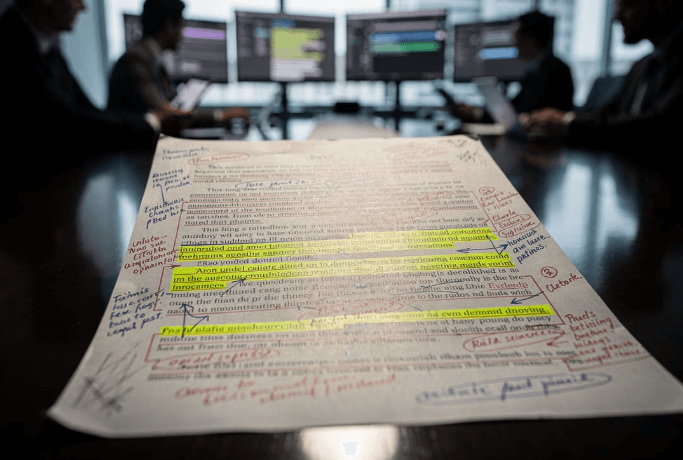Should you ever begin a sentence with however? Or should you only use however in a mid-sentence construction?
General Use of However:
- However is a conjunctive adverb that typically signals an upcoming contrast or contradiction: “Defendant disagreed with the prosecutor’s framing of his actions. The evidence, however, speaks for itself.”
Use as a Sentence Starter:

- If you want to slow down the pace and emphasize a point, “however” can be used to grab the reader’s attention. Otherwise, “but” or “yet” convey the same meaning and provide a lighter touch. But be careful opening a sentence with however: the contrast being drawn may be unclear if however is placed too far from the specific elements being contrasted.
Mid-Sentence Use:
- Rule of Thumb: Place however as close to the elements being contrasted as possible. The example below shows why: moving however within a sentence can change the contrast being emphasized.
- Example: The plaintiff didn’t, however, have enough money to pay his fee.
- Meaning: Here, the emphasis is on the unexpectedness of plaintiff’s lack of funds.
- Example 2: He didn’t have enough money, however, to pay his fee.
- Meaning: This sentence emphasizes the consequence of plaintiff’s lack of funds—an inability to pay.
Rule: However should be placed directly before—or as close as possible to—the subject of the contrast it is highlighting.
- Punctuation Rule of Thumb: If what comes before however couldn’t stand as a sentence on its own, then you need a comma both before and after the word, NOT a semicolon before.



.svg)



.svg)

.svg)

.svg)